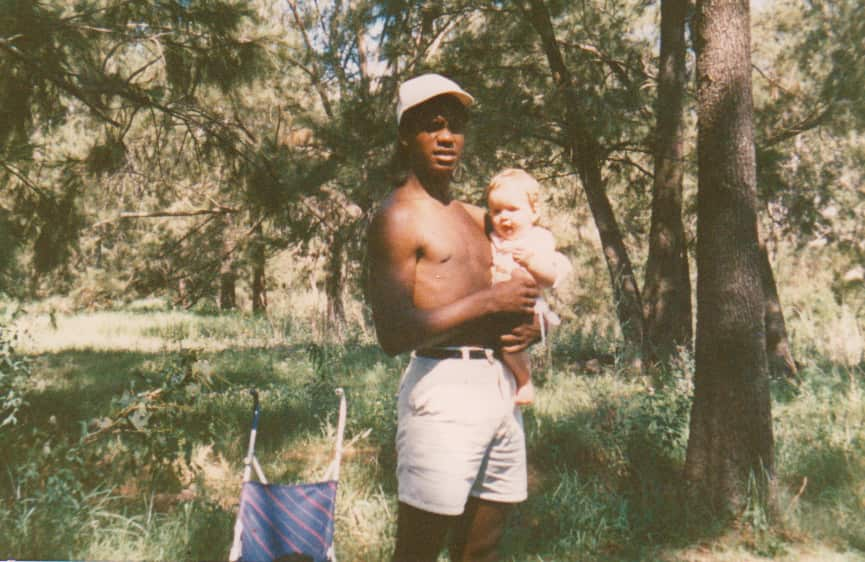Relatives of three Aboriginal children who disappeared in Bowraville nearly 30 years ago say they are "devastated but not down" at the NSW government's failed bid to have a man tried for the three murders.
The 52-year-old man, who can't be named for legal reasons, was previously acquitted at separate trials of murdering two of the children - Evelyn Greenup, 4, and Clinton Speedy-Duroux, 16 - in late 1990 and early 1991.
The NSW government had argued that there was fresh and compelling evidence - relating to the disappearance of a third child, Colleen Walker, around the same time - to justify the overturning of the acquittals and the ordering of a retrial.
The Bowraville murders: Why the families are still waiting for justice
Under NSW double-jeopardy laws revised in 2006, a person can be tried for the same crime for which they have already been acquitted provided there's fresh and compelling evidence.
On Thursday, the NSW Court of Criminal Appeal dismissed the attorney general's application.
Outside court, Evelyn's aunty, Michelle Jarrett, said they were devastated but not down and "this is just another day".
"We have been kicked in the guts by the court system and the law but we are going to keep fighting," she said.
Chief Justice Tom Bathurst, and Justices Clifton Hoeben and Lucy McCallum found that all of the evidence relating to the murder of Colleen Walker was available to be tendered at the 2006 trial relating to Evelyn Greenup.

There was no other evidence which was both "fresh and compelling" in relation to her murder, they said.
The court then considered whether it could make an order for only one retrial relating to his 1994 acquittal for murdering Clinton Speedy.
But the judges said the attorney-general had conducted his case entirely on the basis that he would only succeed if the man faced a single trial for all three
murders.
On the sixth and final day of the hearing, this changed to a submission that an order could be made for one retrial.
But this was rejected by the judges who said it was not open for him to change the case which he had sought to make.

